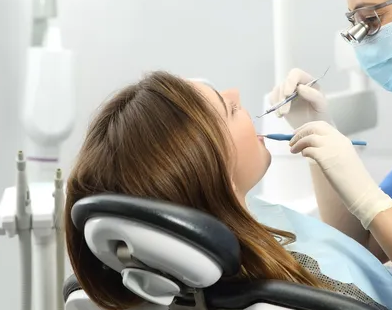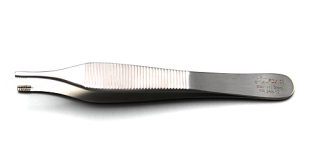Dentures restore missing teeth and tissues. They come in two forms Partial and Complete dentures. Complete dentures are employed when all of the teeth in a patient’s mouth are absent, whereas partial dentures are utilized when the patient still possesses some of their natural teeth.
Partial dentures are dental prostheses that substitute missing upper or lower teeth. These dentures are either posterior or anterior. The major forms of partial dentures are cast metal, acrylic flippers, and flexible. Partial dentures are attached to the teeth in a variety of methods. When an entire arch is replaced, the denture is considered complete.
Suction or metal/acrylic clasps hold partial dentures. They possess extraordinary retention because they are supported by the remaining natural teeth of the patient. The partial denture process takes 6-13 weeks. This is different for every dentist or lab worker.
Partial Dentures for Front Teeth Cost
The price of these partial dentures depends upon the following factors:
- The type of attachment individuals choose.
- The type of partial dentures.
- The denture-fitting dentist.
- Location in mouth.
The price range for removable partial dentures is six hundred fifty dollars to two thousand five hundred dollars (the upper or lower, not both). Flexible partial dentures cost $900–$2,000, whereas flipper teeth cost $300–$500.
The most costly choice is a fixed denture, also called a dental bridge. The price of a bridge can range from one thousand five hundred dollars to six thousand five hundred dollars depending on its type.
Partial Dentures for Front Teeth Procedure
A front partial denture supports the lips and face, preventing your face from collapsing and making people look older. Having a missing front tooth or teeth can cause people to mispronounce some phrases and make lisping or hissing noises when they speak. These factors can have a cumulative effect on social confidence and professional communication skills.
During the manufacturing procedure for removable partial dentures, some individuals experience a gag reflex when their impressions are taken, whereas others pass through this phase without difficulty. There is a transition period after getting a partial denture, during which time the gums and other oral tissues recover and adjust. Depending on the style of denture and the amount of preparation required, the procedure for receiving a removable partial denture takes from three to six weeks.
The durability of removable partial dentures is dependent on the neighboring healthy teeth to which they are affixed, so maintaining the health of these natural teeth is essential. Removable partial dentures are not like natural teeth for biting and chewing. Both the types of foods eaten and the sizes of their components need to be carefully considered. The partial front denture’s front teeth can become damaged from normal biting pressure, such as when biting into an apple.
Partial Dentures for Front Teeth Care
Front tooth loss is different from other tooth loss. The ability of a person to eat, speak, and feel confident can all be severely impacted by their absence, as well as the person’s appearance and confidence. This situation can, fortunately, be handled in several ways. This involves picking the right oral health specialist to guide a person in making the decision that is best for him. Many people who need to replace missing front teeth can do so successfully using removable partial dentures of various designs.
The health of the mouth and the dentures are both affected by improper denture care. The following are some recommendations:
- Dentures need to be brushed and rinsed regularly without toothpaste. Toothpaste is abrasive, leaving microscopic scratches on the teeth where both plaque and food can accumulate. Additionally, brushing dentures prevents permanent stains.
- When not in use, it is important to take appropriate care of these dentures. Dentures must be kept moist to prevent drying out or shape loss. Soak dentures in water or denture cleaner when not wearing them.
- Dentures need to be handled with extreme caution. Use denture cleanser to clean them. Cleaning dentures can be done using dish soap or hand soap. The roughness of several household cleaners and toothpaste can damage dentures. Bleach can also cause the pink plastic of the denture to fade, so it’s best to stay away from it. Use an ultrasonic cleaner instead.
 Health & Care Information
Health & Care Information 


